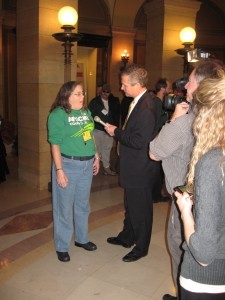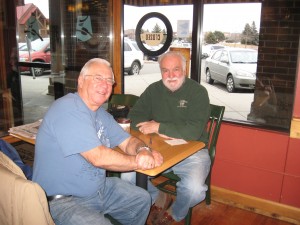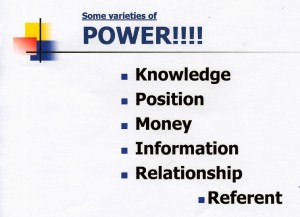#617 – Dick Bernard: Election 2012 #42. Thinking "Conservative"
A number of years ago I began receiving what I’ve come to call “forwards”. I decided to receive them, not ask to be taken off the mailing list for them, fact-check them usually through snopes.com, and respond to the sender if not always, frequently.
These forwards were uniformly false, either in fact or in implication. The rare ones that were true were simply somebody’s angry opinion. President Obama, or Democrats, or some specific lawmaker, Pelosi or Reid were favorite targets. Some of them would be considered hate mail. Others were nostalgia laced items about the good old days – the days in which I also grew up, and didn’t see quite so positively.
Their appearance seemed to spike after an announcement from Karl Rove’s operation that they were going to be spending money on advertising. Of course, I can’t prove the announcements and spikes in forwards were connected but….
I’d often respond to the sender, usually somebody I knew, with the other side of the story. Sometimes I’d get an angry retort that the responder didn’t care: he (rarely she) declared he/she was “conservative”, and that was that.
The word “conservative” came to interest me. It is very commonly used on the right, but in many ways I consider myself a conservative, and I know many people way to the left of me that are far more truly conservative than I am.
Recently, I had reason to look up Newt Gingrich’s GOPAC “100 words” from 1996 (which really are 128 words – 64 good, and 64 bad) which have been effectively used for years to label supposedly good people and bad people (apparently, people like me). For instance, “unionized” is a bad word, and I spent my whole career in or working for a union, which labels me as bad.
Interestingly, in this list, which was doubtless very carefully composed, the word “conservative” does not appear. One wonders why.
Definitions matter. And the word conservative is not owned by the angry right-wingers.
For the heck of it, I looked up conservative in my big dictionary here at home. Here are the definitions of Conservative, without further comment:
conservative, a
1) conserving or tending to conserve; preservation
2) tending to preserve old institutions, methods, customs, and the like; adhering to what is old or established; opposing of resisting change; as, a conservative political party, conservative art.
3) of or characteristic of a conservative; as conservative views
“The slow progress which Sweden has made in introducing needful reforms is owing to the conservative spirit of the nobility and the priesthood.” – Bayard Taylor.
4) moderate; prudent; safe; as a conservative estimate.
5) [Canada] pertaining to the English or Canadian Conservatives or their principles
conservative system: any physical system exemplifying the principle of the conservation of energy; any system the total energy of which is constant, whatever form or forms that energy may take.
conservative, n.
1. a person or thing tending to preserve; a preservative
2. one who wishes to preserve traditions or institutions and resists innovation or change; a conservative person.
3. [Canada] a member of the major right-wing political party of Great Britain or of the similar one in Canada.
Just interesting.











